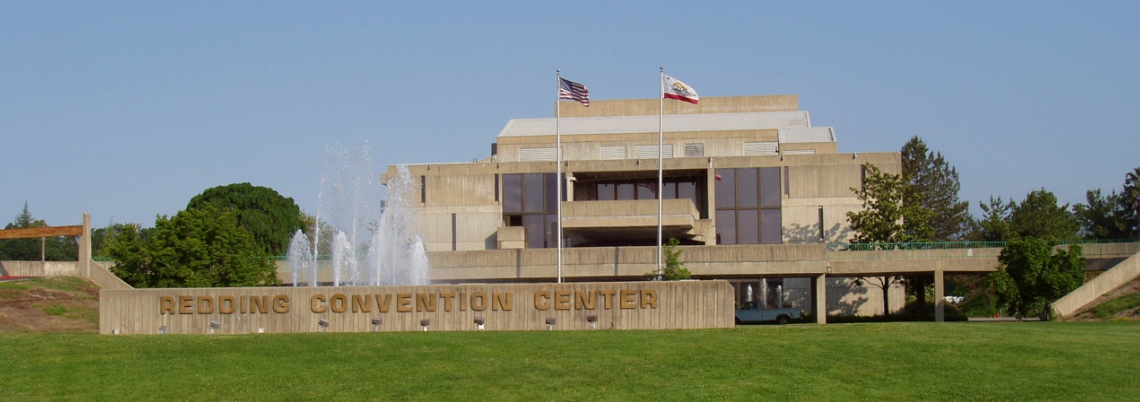AMERICA’S TURMOIL AND THE CHURCH’S SILENCE
Our country is in major turmoil, leaving many people longing for peace; they hope for a kind of “live and let live” society. All while much of the Church remains silent for fear of rocking the boat too far.
What is the outcome of these crazy “peace times?” Over 50% of the children in America are born out of wedlock! There is a fatherless epidemic
in our country so severe that it’s literally destroying our children and families. Suicide
is now the second leading cause of death among teens, with a rate that’s doubling every few years.
Personally, I am not okay with peace at any cost
. Let alone this one. This may “sound un-Christian” but did you know that there was even a time in Jesus’ ministry when the Prince of Peace Himself said, “I did not come to bring peace but a sword…?” (Matthew 10:34)
I’d like to propose that Jesus was not a peacekeeper, but a peacemaker
. He was not afraid to offend people in order to create true peace. Jesus knew that He was on a mission and He did what His Father told Him to do, which sometimes meant upsetting the crowd. In essence, He used His voice to correct culture and make long-term peace.
Perhaps the Body of Christ has traded passivity for a sense of false, temporary peace, relegating the world to turmoil. In doing so, we’ve allowed our lights to
dim under a bushel of fear instead of shining bright as guiding lanterns to a world desperate for truth and clarity.
USE YOUR VOICE
I’ve said it before and will gladly say it again—the Body of Christ is called to change culture for the Kingdom of God. More than 25 million Christians who are registered to vote do not vote in Presidential Elections, and as many as 65 million Christians do not vote in local elections.
I can’t think of a more practical way to impact culture than to have a voice in the laws that are shaping the world we live in.
Empowered with voting ability, one would think that Christians would celebrate on voting day as an opportunity to tangibly influence and impact our culture. So why the passivity? I mean, why do Christians historically abstain from using their voices when we are quite literally handed an opportunity to influence culture every time a voting season comes around?
Perhaps this reflects the Church’s mindset on power and authority—they don't believe their vote matters and are influenced by the political spirit
that creates profound pressure to make the right decision.
This spirit divides and conquers through villainizing candidates, laws, and measures and frames a high stakes black-and-white story about our nation of “good” vs. “evil.” The fruit is division, anxiety, and anger. The pressure from this spiritual force can be so strong that it may suppress our ability to see clearly and even go so far as to silence our voices, if we allow it. I’d like to propose that much of The Church has lost or forgotten the ability to
discern personal convictions from the agenda of the political spirit
.
But think about it this way: when we choose not to vote, we’re handing our power over and letting other people make decisions for us. If everyone thought like this, then the very few people who did vote would be controlling ALL policy. That doesn’t sound like democracy to me!
VOTING ON HOPE
What I’ve learned now is that most government leaders are doing their best with the information they have in order to make some very hard decisions on often very complicated issues. When we can separate our discernment from the political spirit we’re empowered to vote with a hope-filled attitude.
Let’s unpack this by drawing from wisdom from the book of Nehemiah. I can see clearly how God deposits hope in the dark places of culture to motivate His people into being agents of change. In chapter 2:17-18 it says:
“Then I said to them, “You see the trouble we are in: Jerusalem lies in ruins, and its gates have been burned with fire. Come, let us rebuild the wall of Jerusalem, and we will no longer be in disgrace.” I also told them about the gracious hand of my God on me and what the king had said to me. They replied, “Let us start rebuilding.” So they began this good work.”
When Nehemiah returned to Jerusalem, he recognized the problem that the Israelites were living in. He acknowledged the trouble but quickly moved on to say, “Come, let us rebuild the wall of Jerusalem, and we will no longer be in disgrace.” Nehemiah demonstrated that even in recognizing the realities of dark times, God’s people have been created to shine and become a part of the solution.
There is a reason you have been empowered with a vote—so that creation itself will be set free from its bondage of decay and brought into glorious freedom
(Romans 8:22). Your act of voting is a part of the solution of the sons of God being made manifest through the rebuilding of a government, culture, and economy that reflects Heaven’s!
A CALL TO ACTION
For more insight on Bethel’s approach to impacting our city and culture, check out how we address our community needs in this article written by the San Francisco Chronicle
or listen to this podcast where I discuss how to impact a city with the Daily Signal
.
For those in California:
You can register and vote anytime between now and March 3rd, 2020.
Go to Vote.ca.gov
in California to find out where you can register and vote on the same day between now and on Election Day.
If you are in Shasta County, head down to the County Clerks office at 1643 Market St and register and vote the same day.
If you want to change your vote you can exchange your ballot there as well. If you want to turn in your absentee ballot and track that ballot, go to ShastaVotes.org
and you can track your ballot to make sure it safely arrived and has been counted.




